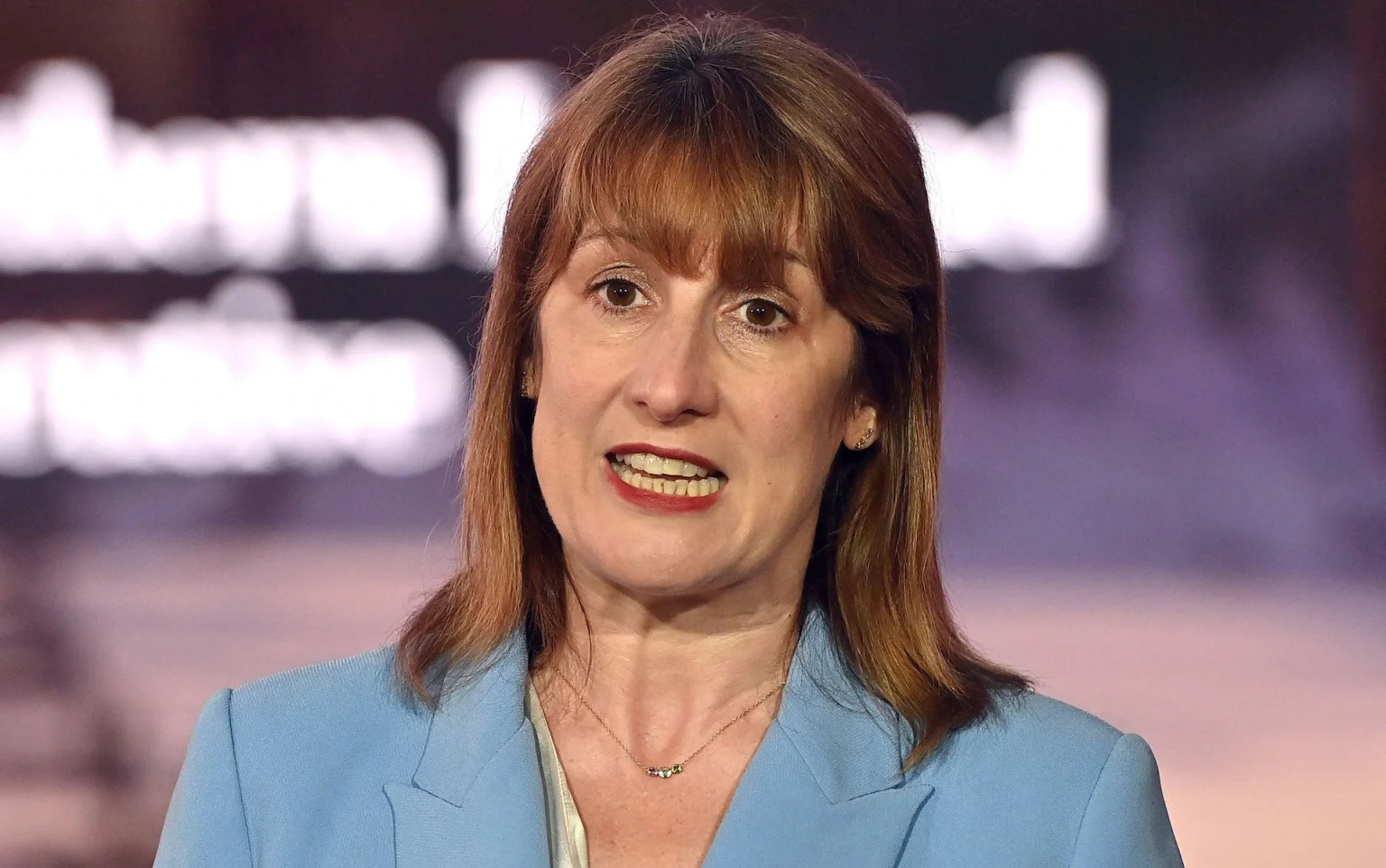Chancellor Rachel Reeves is considering extending the freeze on income tax thresholds as part of efforts to close a looming gap in the public finances, raising the prospect of higher tax bills for millions of workers.
Treasury sources said the measure is among the leading options for Reeves’s second budget this autumn. The freeze, first introduced by the Conservatives in 2021 and due to end in 2028, means thresholds rise more slowly than wages and inflation. This so-called fiscal drag has already drawn tens of billions of pounds into Treasury coffers as pay growth pushes more people into higher tax brackets.
Extending the policy until the end of the decade could raise around £7bn a year, though it would be politically sensitive. Labour has pledged not to raise income tax rates and to avoid new burdens on working people. Reeves previously ruled out the measure last year, warning it would hurt working people, but advisers now say options are narrowing as borrowing costs rise and the fiscal outlook worsens.
Economists warn Reeves may need to raise around £20bn to meet her fiscal rules, with some estimates suggesting a deficit of up to £50bn. A freeze on the top tax threshold where earnings above £125,140 are taxed at 45p – has also been floated. Deputy Prime Minister Angela Rayner argued in a March memo that such a move would be “consistent with the manifesto”.
The Office for Budget Responsibility estimates fiscal drag could add £51bn a year to treasury revenues by the end of the decade, with 4.1m more people pushed into higher tax bands by 2027–28.
Alongside tax thresholds, the Treasury is also preparing changes to gambling duties despite lobbying from the industry and warnings of damage to horse racing. Reeves is expected to press ahead with reforms to harmonise the current mix of betting and gaming duties, which critics describe as outdated and inconsistent.
Most gambling revenue comes from online gaming, currently taxed at 21%. In comparison, high street betting and online racing wagers are charged at 15%. Raising all rates to 21% could generate an additional £200m–£300m a year, according to Treasury estimates.
Former prime minister Gordon Brown has urged Reeves to act, arguing that higher levies could raise as much as £3bn, though industry groups dispute this. The Betting and Gaming Council has warned that steep tax hikes could cost 6,000 jobs and drive more people to the black market.
The horse racing sector, which benefits from a separate levy on betting profits, has threatened strike action if it is targeted.
Sources suggested ministers are still considering whether to grant the industry partial relief.
A Treasury spokesperson said: “We are consulting to level the playing field, so all online gambling pays the same rate, working closely with the horse racing sector. We have no plans to change the way racecourse bets are taxed.”
Budget timing of Reeves
The date of Reeves’s second major fiscal event has not yet been confirmed, though legal requirements for the Office for Budget Responsibility to prepare a forecast mean mid-November is the earliest possible date.
The spokesman added: “We are committed to keeping taxes for working people as low as possible, which is why at last autumn’s Budget, we protected payslips and kept our promise not to raise the basic, higher or additional rates of income tax, employee National Insurance, or VAT.”



